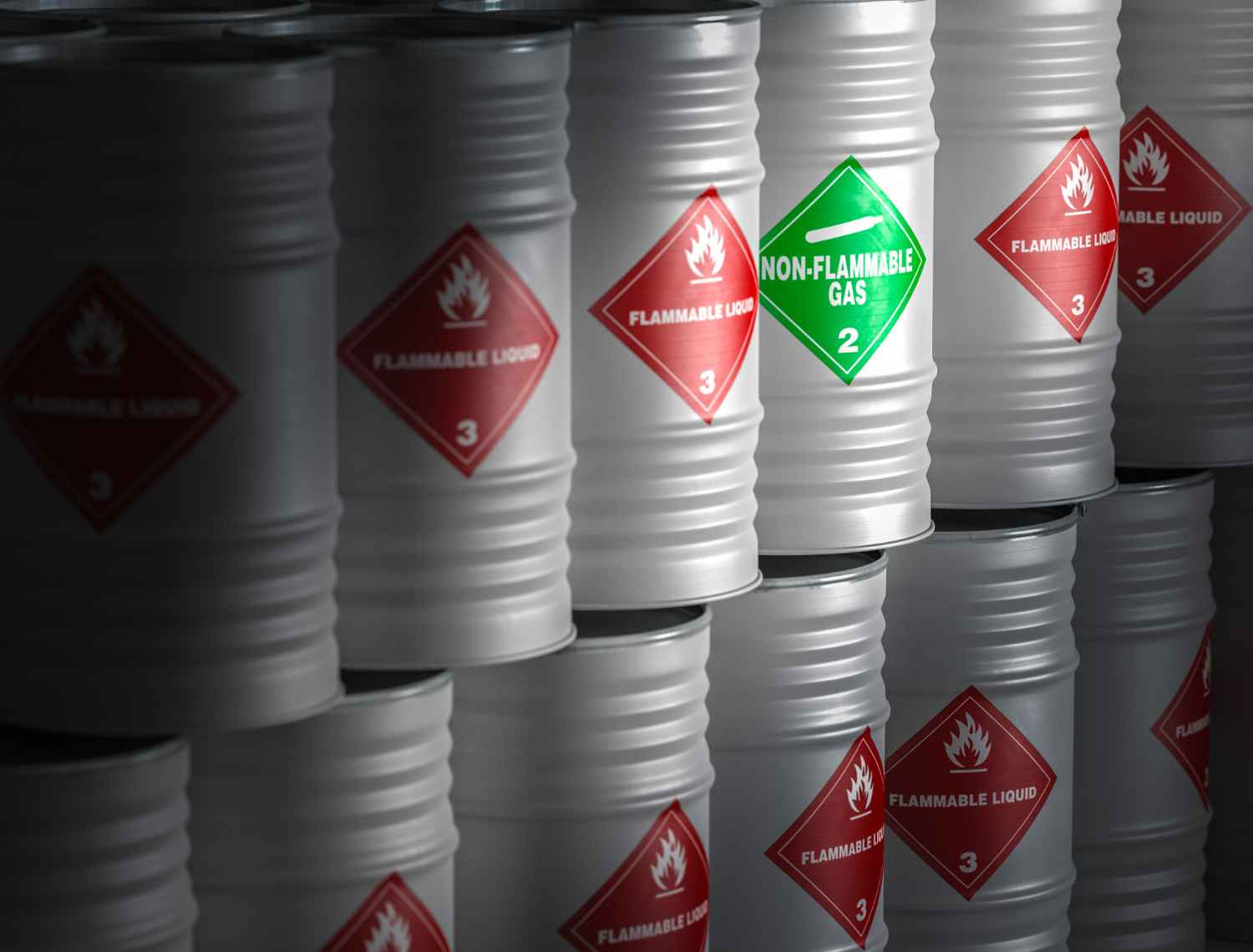Commonly known as diesel exhaust fluid (DEF), it is a legal requirement for diesel engine vehicles to reduce harmful NOx emissions. Its usage was necessary in 2015 for every diesel vehicle on the UK roads to have it. Let’s dive into its composition and learn something about its toxicity:
Chemical Composition of AdBlue
AdBlue is a clear and colourless fluid comprising 32.5% high-purity urea and 67.5% deionised water. It is used in a Selective Catalytic Reduction (SCR) system to neutralise nitrogen oxides (NOx) released from a diesel engine during combustion.
How Does it Work?
Once the AdBlue reaches the vehicle’s exhaust stream, a reaction is initiated between the AdBlue & the NOx emissions. As a result, nitrogenous emissions are converted into water vapours and N2 gas that are released into the environment.

Understanding About the Toxicity of AdBlue
Whether AdBlue is toxic or not, this is one of the myths about it. As described above, its composition includes urea and water. These are non-toxic compounds and are found in many products of the household. Apart from this, the percentage of urea in AdBlue is maintained at 32.5%. This is proportionate to the SCR functioning, enabling your vehicle components to work feasibly with this ratio.
Although not a toxic liquid, its nature may vary depending on the surface it comes in contact with. Therefore, be vigilant while handling AdBlue. Here are some preventive measures in this regard that you must keep in mind:
Avoid Skin and Eye Contact: Always stay at a safe distance. Also, use gloves and goggles when dealing with AdBlue. AdBlue is an irritating solution if it accidentally comes in contact with your skin or eyes.
Store AdBlue Properly: Store AdBlue in a cool and dry place and away from direct UV rays of the sun. Make sure the container having the AdBlue is sealed to avoid any leakage.
Pollutant: Although Adblue is non-toxic, if not handled carefully, it can leak into the groundwater and cause long-lasting environmental damage. Read our guide to properly store adblue and legal requirements for storing adblue.
Use AdBlue as Intended: AdBlue is specifically designed for use in SCR systems in diesel engines. Avoid using the AdBlue other than its intended purpose, as it may not be suitable or safe.
Conclusion
AdBlue is added to the exhaust system of diesel vehicles to reduce the toxic nature of nitrogenous and carbonic emissions. AdBlue is a well-proportioned mixture of urea and deionised water; none of these are harmful. AdBlue is a non-toxic liquid. However, one must be careful while storing, handling and transporting it.
FAQs
It is a clear liquid with no specific odour and is neither toxic nor flammable.
No, it’s just a myth. AdBlue does not have the urine of a pig or any other species.
No, both fuel and AdBlue have their separate composition and functions. Therefore, you cannot use AdBlue as a fuel alternative.
No, it does not freeze at 0 °C. The freezing point of AdBlue is below -11 °C.









